Star Wars Jedi: Fallen Order plucked Cal Kestis from his backwater refuge on Bracca and he has been on the run from the Galactic Empire and its Force-sensitive Inquisitors ever since. Cal’s found a semblance of ‘home’ in companions he’s stuck to rather than in any one place with the Stinger Mantis, which once doubled as the crew’s recreational vehicle, becoming little more than a forgettable means of transportation in Star Wars Jedi: Survivor. The sequel, however, introduced the idea of at least Cal and Greez Dritus settling down in a cantina on Koboh populated with lively NPCs and engaging activities.
Star Wars Jedi: Survivor’s sequel may decide to throw that concept out the window as well if Cal, the Stinger Mantis crew, and the Hidden Path’s anchorites all take shelter on Tanalorr, that is if Greez doesn’t end up actually going through with his plight on branching Pyloon’s Saloon into a cantina chain. Nonetheless, it would be unfortunate if the recruitment of NPCs, live music with selected tracks, and holotactics were not reprised for Star Wars Jedi’s last entry. Holotactics in particular should return as it’s essentially Star Wars Jedi’s Gwent, and it already comes designed with natural longevity in mind.
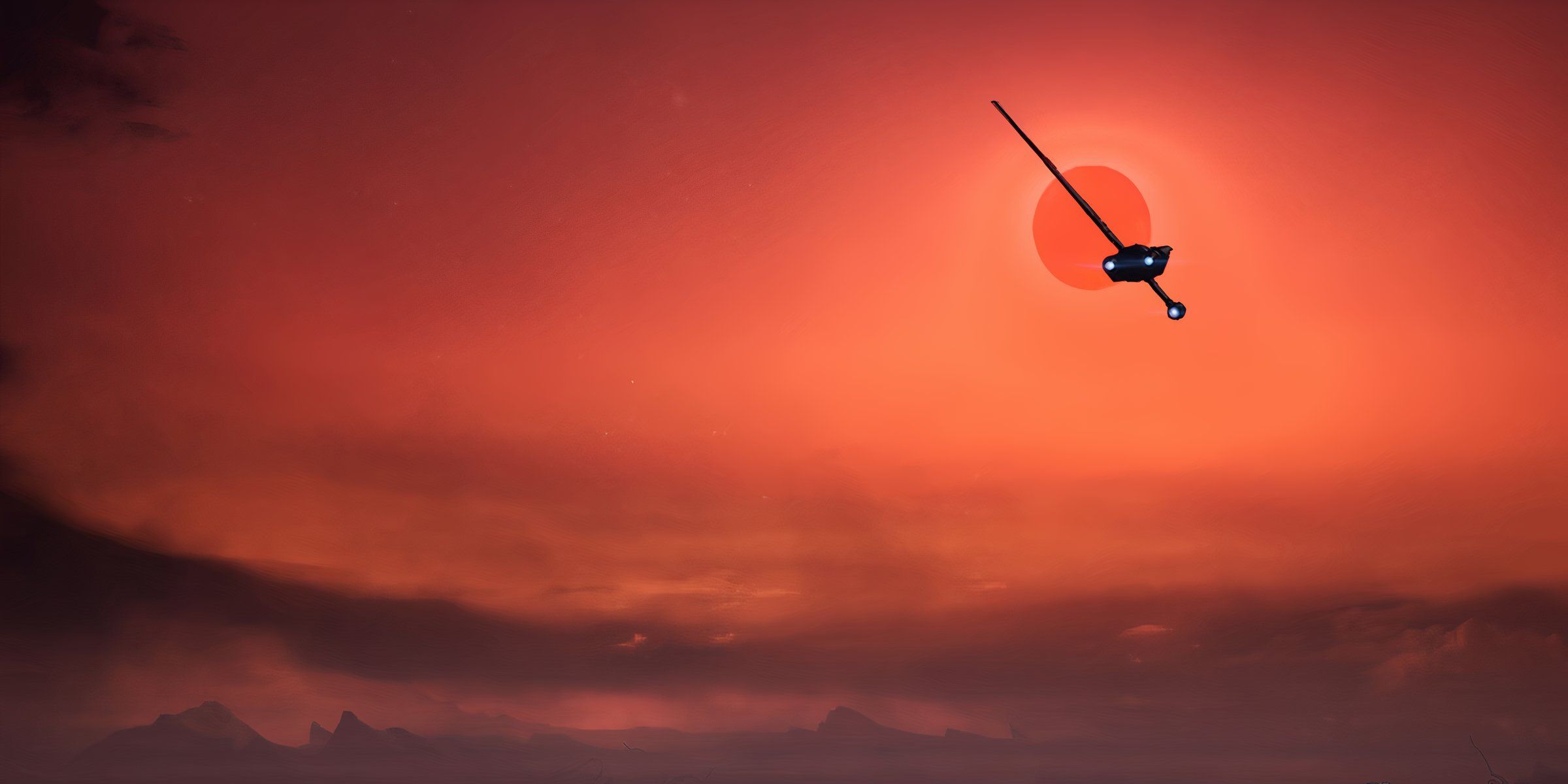
Related
Respawn’s Star Wars Jedi Franchise Has an Uphill Battle in Outdoing Its Most Fearsome Planet
Star Wars Jedi: Survivor’s sequel is reportedly the franchise’s last entry and it should strive to exceed one planet’s horror and difficulty.
Star Wars Jedi’s Holotactics is Basically an Enemy and Creature Bestiary
Behaving like a spin on dejarik, Star Wars Jedi’s holotactics is a gridless, holographic battle simulator between two opponents’ selections of the enemies and hostile fauna. Players can select holographic units from the available catalog of enemies they’ve scanned.
Every available unit has a predetermined amount of battle points that are required to spend on them in order to play them, and players only have a set amount of battle points to spend each round. That means players can choose a handful of units that cost less and hope to outlast their opponents’ units or elect to toss in one exceptionally powerful unit at the cost of all their points right away—so long as they outmatch their opponents’ selection, they move onto subsequent rounds.
An
AT-ST
costs a whopping 25 points, for example, while a lowly shiverpede only costs four points, and higher-point units are commonly the more efficient option in holotactics unless players would like to reserve points for later rounds.
Holotactics Can Represent New Enemies Debuting in Star Wars Jedi’s Upcoming Threequel
Interestingly, because holotactics revolves around BD-1 databank scans of enemies discovered and felled throughout the game, Survivor’s sequel can continue iterating on the tabletop mini-game with whatever new enemy types it introduces. Rancors notably weren’t added to holotactics, for instance, and the sequel would have an easy layup by including them this time around. Moreover, the Star Wars umbrella is teeming with droids and creatures that Respawn’s Jedi series hasn’t touched on yet, even in its post-Clone Wars era.
It’d be incredible for Cal Kestis to battle nexus in the last
Jedi
game if only to wield them as a unit in holotactics, and perhaps a Gorgara-like chirodactyl or
Oggdo Bogdo-like oggdo
could appear as a nostalgic unit with an exceedingly high battle point requirement due to its omnipotence and ferocity.
There will inevitably be new enemies in the next Star Wars Jedi interwoven between endless swarms of stormtroopers, and there’s no better way to celebrate them than to have players scan and apply them to holotactics. Holotactics itself could be improved by having more meaningful or unique rewards associated with each opponent Cal plays against, but as for its basic design it has arguably already perfected it and needs only to continue peppering enemy types into it to hopefully make rounds more dynamic and tactical.
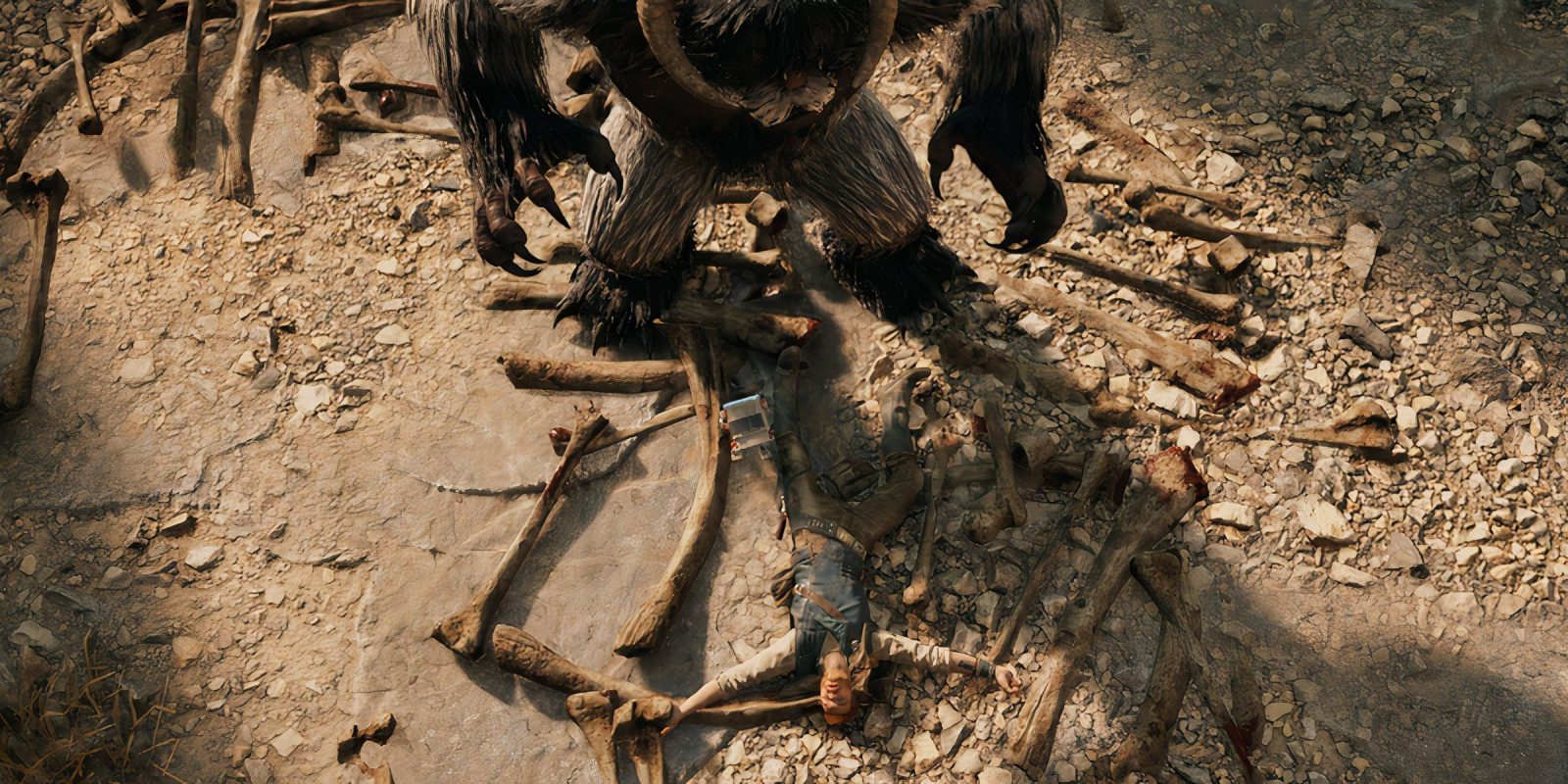

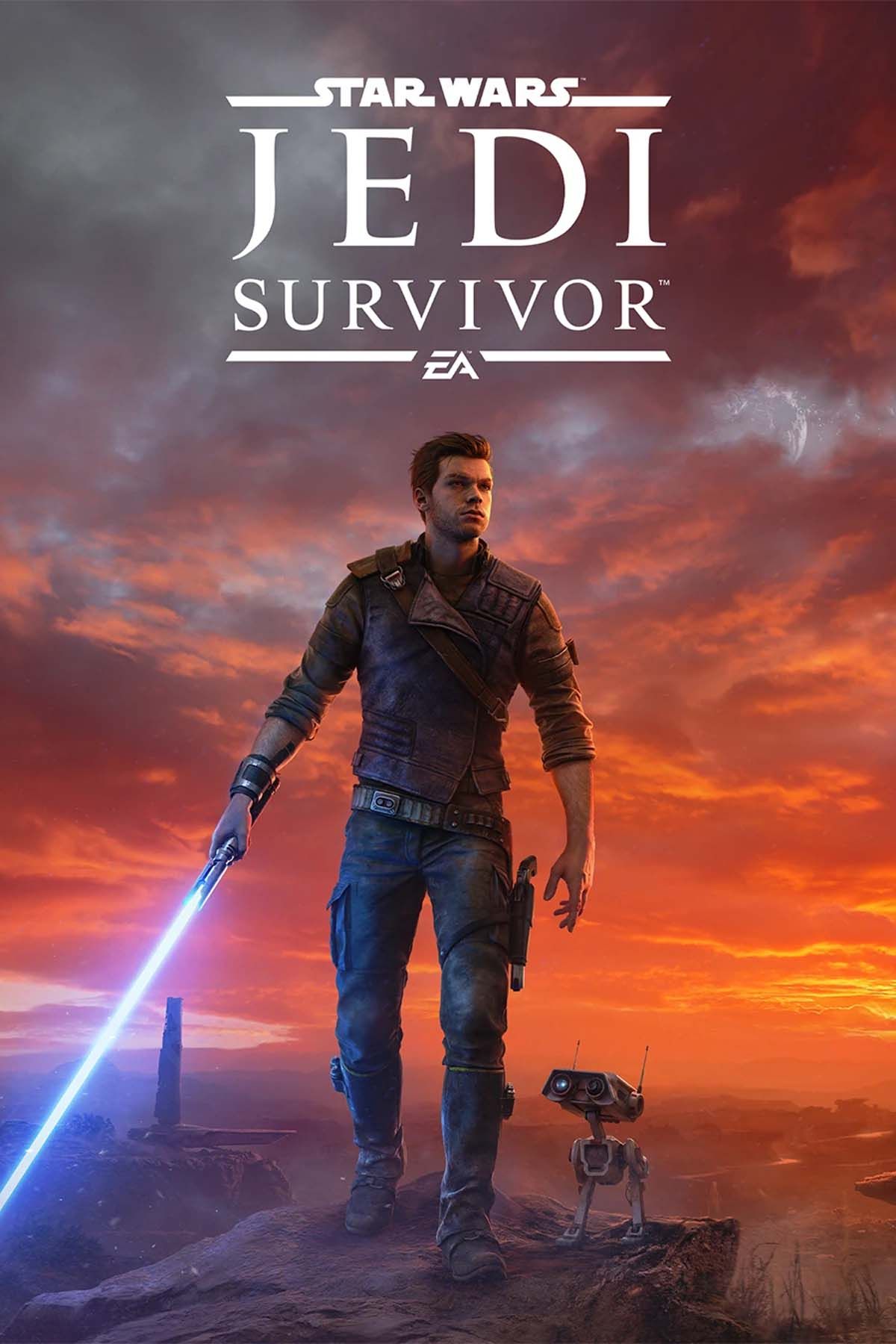

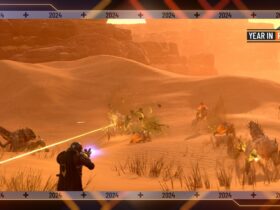
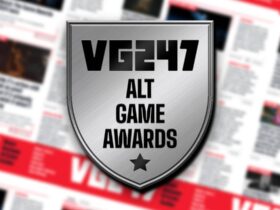
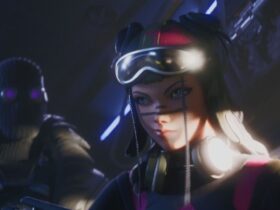
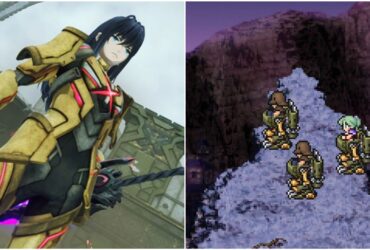
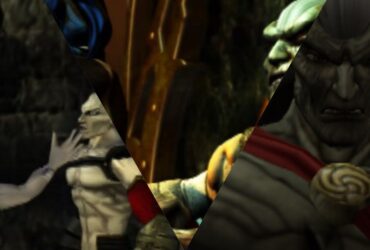
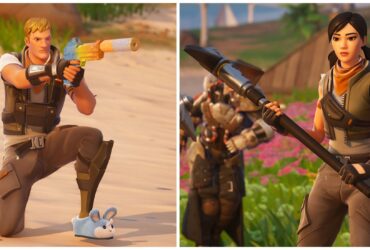
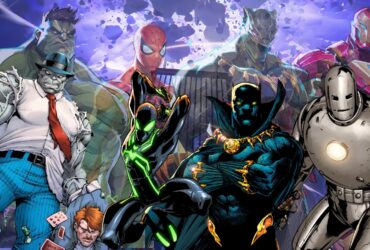
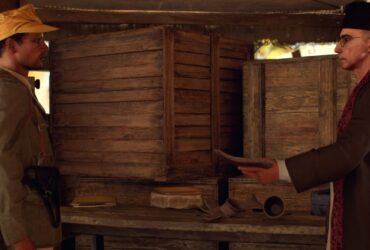
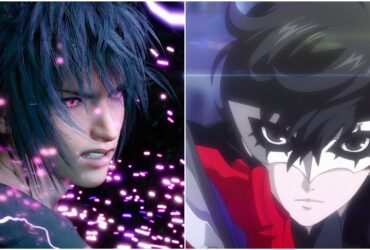
Leave a Reply